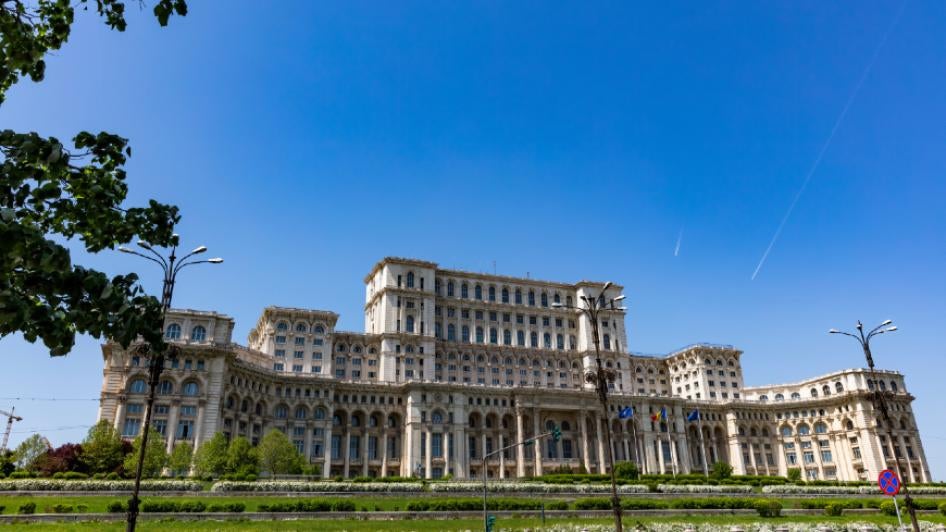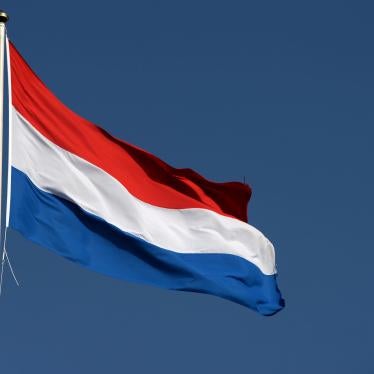Romania’s Constitutional Court this week struck down a law parliament adopted in June 2020 that would have, among other things, banned “activities aimed at spreading gender identity theory or opinion” in educational settings. This is a positive development as the law violated Romania’s international human rights obligations, including those undertaken as a party to the Istanbul Convention on violence against women and the European Convention on Human Rights.
The law defined “gender identity theory” as a belief that “gender is a concept that is different than the biological sex and the two are not always the same.” The fact that gender is distinct from sex is a truism in social science and widely accepted, including by the World Health Organization and the World Medical Association.
A ban on discussing gender in education settings would unjustifiably limit students’ and teachers’ rights to free expression and to information, including about gender. The law also threatened the right to health, particularly for transgender, non-binary, and intersex children, for whom denying access to information about gender could have pernicious physical and mental health consequences. In inflicting a disproportionate discriminatory impact on transgender, nonbinary, and intersex people, the ban also violated the core principle of equality based on sex. Notably, the European Court of Human Rights has on multiple occasions affirmed the obligation to protect transgender people from discrimination.
This ruling, while not available yet in full, will reverberate beyond Romania’s borders. Politicians and idealogues peddling vague notions of a threat posed by “gender identity theory” or “gender ideology,” span other countries in the region, including Hungary, Poland, Bulgaria, and elsewhere, such as in Brazil. Courts and legislators should seek to curtail policies based on this dangerous rhetoric, first propagated by the Vatican and now sustained by those who seek to undermine the rights of girls, women, and lesbian, gay, bisexual, transgender, and intersex (LGBTI) people. Governments around the world should be trying to counter gender stereotypes and gender-based discrimination, instead of passing laws to muzzle discussions of gender in education spaces. This ruling from Romania’s highest court is a step in the right direction.










